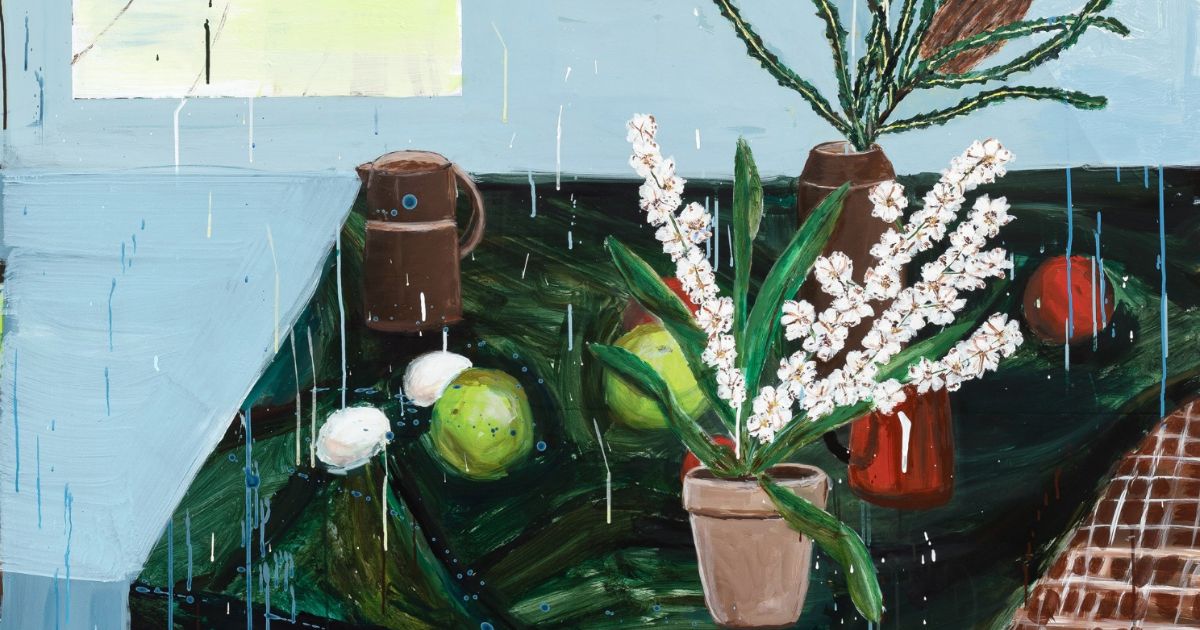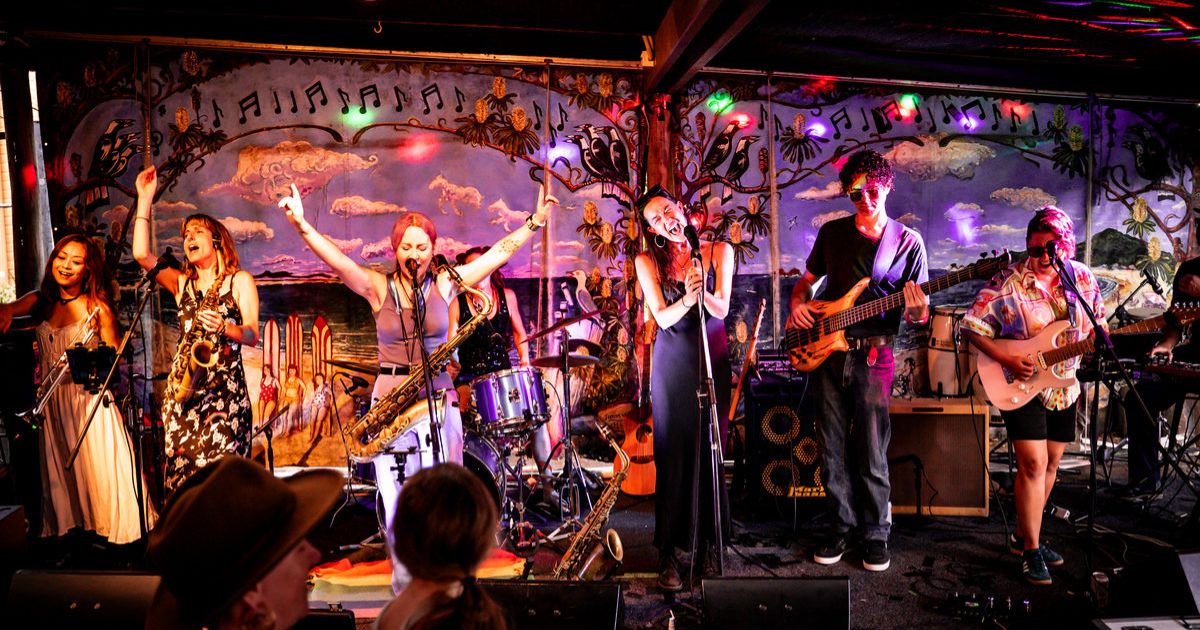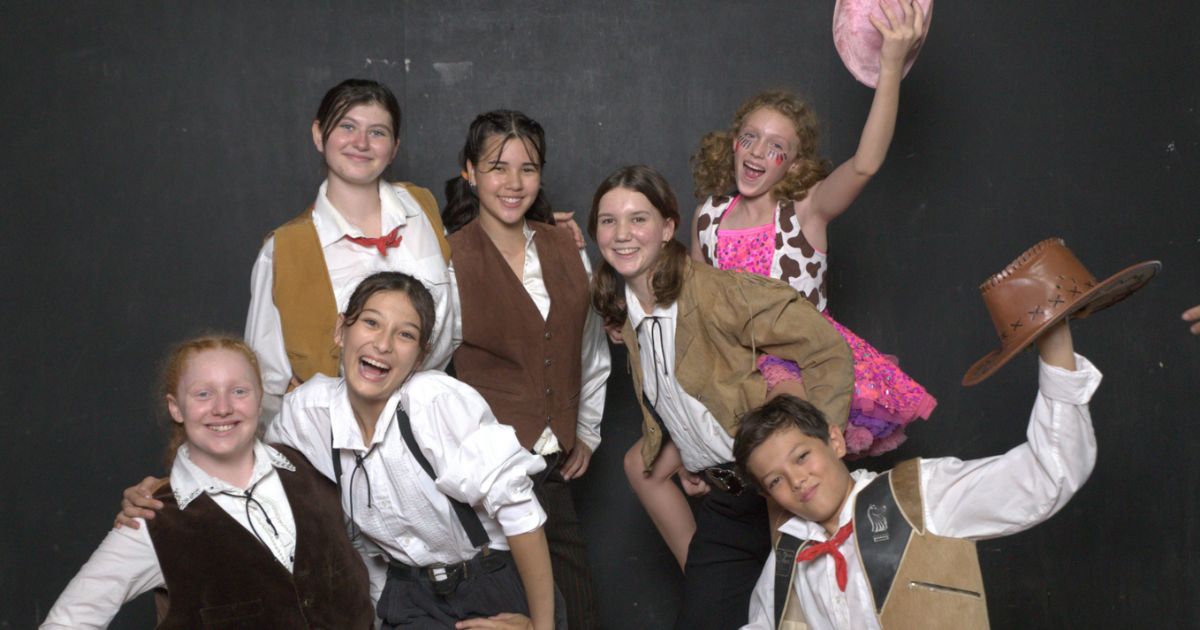Sharing stories, connecting people
Aboriginal elder Aunty Thelma Crummy James has a story to tell.
Growing up in North Lismore, she learnt early the power of storytelling as a means of sharing information, bringing people together, and giving them voice.
“We’ve always had stories. We’ve always had storytellers,” she said.
After the disappointment of the failed Voice to Parliament referendum, Aunty Thelma said it was important for Aboriginal people to take every opportunity to have their voices heard.
She often gave the Welcome to Country at events around the region but admitted the “no” vote made her question whether it was worth continuing.
“After the referendum, everybody went quiet. On my part, it was disheartening. I didn’t want to go out and have people wanting to talk to me about it. So I hibernated.
“But there is more happening now than there was before, on every level,” she said.
“Some Aboriginal people have said to me, ‘Why do you do it? Nobody’s listening to us’.
“I said ‘It’s the last opportunity you get to tell your story, and you have a captive audience to get people to think in a positive way about Aboriginal people.”
Aunty Thelma used her Welcome to Country as a way of reclaiming her voice by sharing her knowledge of people and places through stories. She’d watched as others claimed stories that were not their own, something she believed was borne out of a need to belong.
As a way of reclaiming her stories, Aunty Thelma used her Welcome to Country address to share stories from her past and the people in her life.
She paints a vivid picture with her words.
A car trip from her father’s country in North Lismore to her mother’s at Baryulgil was a treasured memory.
“If you went from here to Baryulgil, every corner had a story.
“I loved travelling with my sister, she told stories the whole way. My grandmother would tell stories the whole way and the trips were never boring.
“We were no sooner from here, we were there.”
Stories helped convey information.
“We were always told where to go and where not to go,” she said.
“Maybe it was a dangerous place. Maybe it was a spiritual place.”
She tells of how a restriction on travel for Aboriginal people was only relaxed at Christmas and Easter, for the ag shows, and later, the football.
When family and friends visited from out of town, the kids would huddle together on mattresses on the loungeroom floor, sharing stories and making up new ones about movies and comic books.
“At that time, you didn’t have TV or internet or books to distract you,” Aunty Thelma said.
“Our creative minds were enriched by the stories.”
As a teacher, Aunty Thelma was passionate about instilling a love of reading and sports in children.
She says her dad, who read the newspaper every day, was her role model.
Reading a book, newspaper, or comic book engaged all of the senses in a way that reading from screens could not, helping to retain the information.
Aunty Thelma was not afraid to stand up for what she believed was right – whether it was advocating for a child or calling out injustice.
“I take myself out of my comfort zone, I’ve always done that.
“I hate injustice. I hate seeing a little child overlooked.
“I treat everybody with respect.”
She said it was not about shaming people, but was about making them accountable.
As a strong advocate for her community, Aunty Thelma has a thirst for knowledge and is keen to help people share their own stories.



















